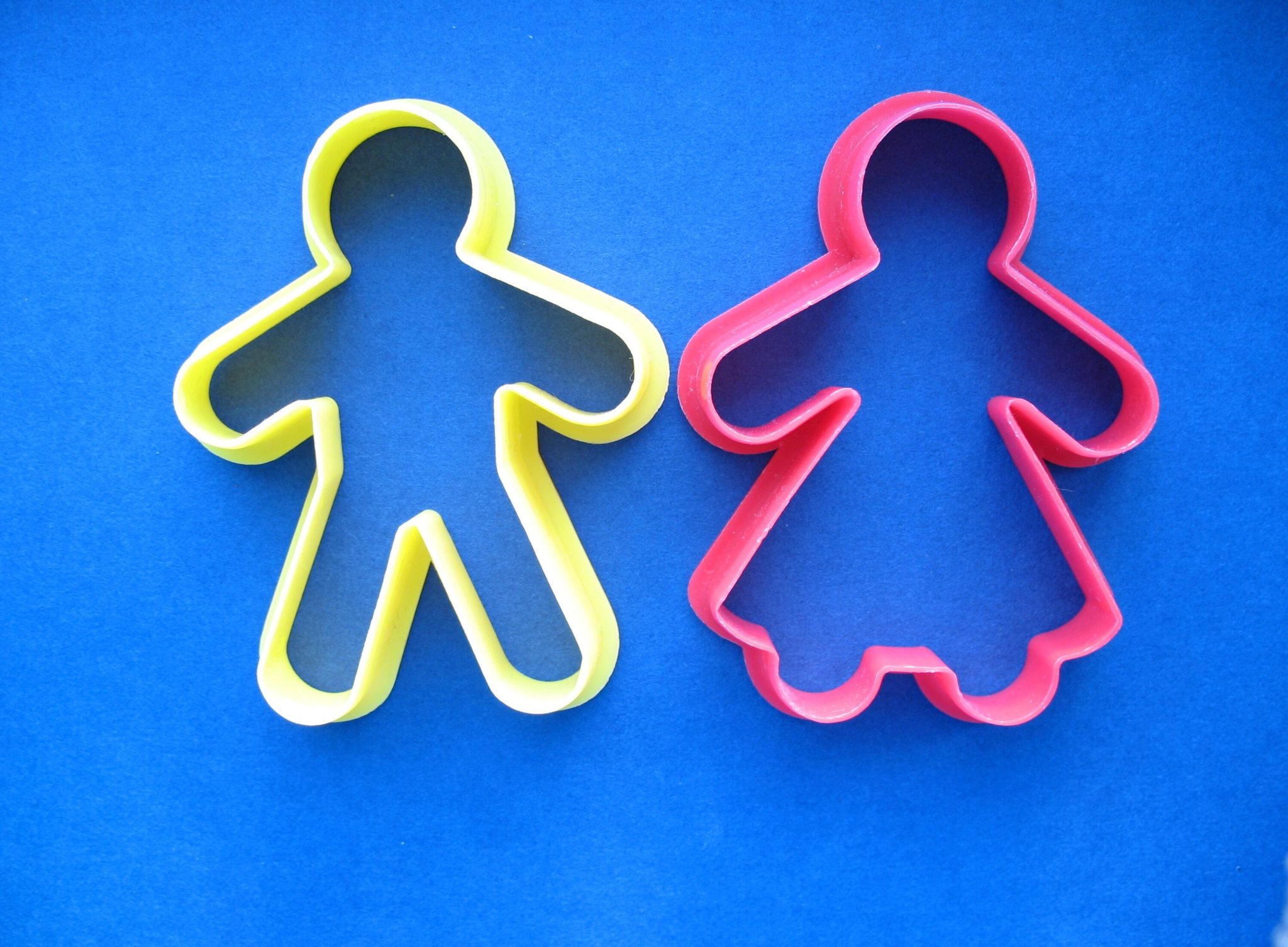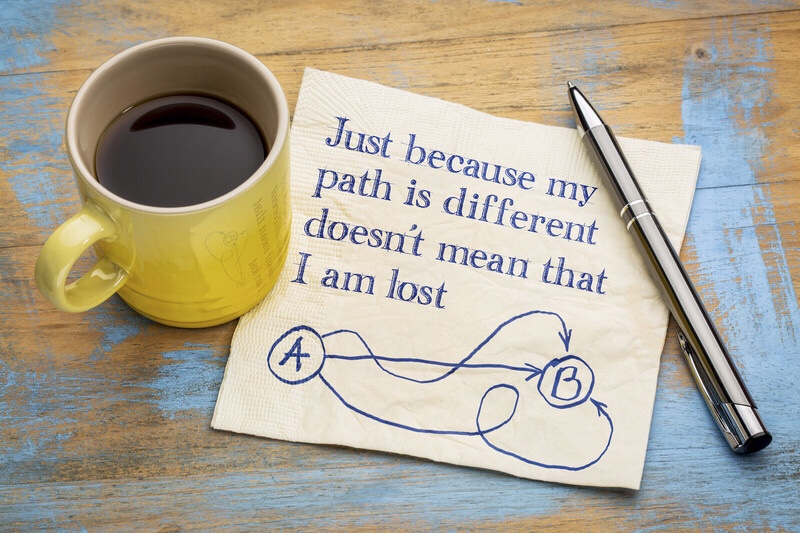I’ve been thinking a lot about my career path, my purpose in life and what I’m really passionate about. I’ve been taking an honest look at what I truly want and what would be a good fit for me. I’m reminded of the paths I could’ve chosen and the doors that were opened and closed for me.
 Several years ago, I applied to a mental health counseling graduate program at one of the local universities. It was quite a process. I did a lot of research on the program to see if it would be a good fit. Everything seemed okay except I had to take the MAT. I didn’t do great on the SATs so I dreaded this and of course it was horrible. Since I didn’t have much time and all the study guides were inaccessible to me, my mom and I poured over so many words we had never heard of and or couldn’t pronounce. If you don’t know what a word means, how can you compare it to another word? Most of the MAT is analogies. The only similarity to me was that these were groups of words that no one uses, ever! I got a score on the MAT that was good enough to get into the program, but it was only by a tiny margin.
Several years ago, I applied to a mental health counseling graduate program at one of the local universities. It was quite a process. I did a lot of research on the program to see if it would be a good fit. Everything seemed okay except I had to take the MAT. I didn’t do great on the SATs so I dreaded this and of course it was horrible. Since I didn’t have much time and all the study guides were inaccessible to me, my mom and I poured over so many words we had never heard of and or couldn’t pronounce. If you don’t know what a word means, how can you compare it to another word? Most of the MAT is analogies. The only similarity to me was that these were groups of words that no one uses, ever! I got a score on the MAT that was good enough to get into the program, but it was only by a tiny margin.
The next step was the interview. I remember sitting across from two women. I don’t remember most of the questions, but I’m sure they asked the usual things. Why do you want to do this program? I’m sure they asked about previous work and academic experience. I remember them asking if there were clients I wouldn’t want to work with. I wasn’t sure what to say. I might have mentioned something about having difficulty working with child abusers, but the main thing I remember from the interview was explaining that I get frustrated with a cookie cutter approach. I believe that since each person is an individual, their treatment shouldn’t be based on the experiences of others. It shouldn’t be based on what stereotypes of the groups the person belongs to. The assumption that everyone should be the same and respond to the same treatment is what bothers me. Maybe it’s unrealistic or idealistic, but there should always be wiggle room for someone’s individuality, autonomy and the ability to have a say in the treatment or services being provided. I answered the questions to the best of my ability so I felt optimistic when the interview was over.

A few weeks later, I open my mailbox to find an envelope from the school. I started opening it on my way back up to my apartment. I wasn’t concerned. I figured I’d get in. I had done everything they asked for so when I saw that I got rejected, it stung.
I always had some doubts about whether counseling was right for me. Did I really want to hear about other people’s problems day in and day out? I wasn’t sure. Did I really want to deal with all that paper work? Could I really do this for a living? These questions swirled around in my head, but friends and family thought I’d be a good counselor. They told me I’m a good listener, I’m compassionate and want to help people. They told me that since I’ve been through a lot so I should be able to help others. The question I kept asking myself was not whether I was able to, but whether I wanted to. Was I doing this for myself or to please others? They told me I’d be successful. I’d make money. They gave me all kinds of reasons so I gave it a try even though I wasn’t entirely comfortable. I told myself maybe I’d like it. Since I was having a horrible experience where I was working at the time, I figured it would be a good way out. A major step up.
Since then, I’ve wondered what went wrong. Was it the low vision? A professor once told the class that blind people couldn’t be counselors because they couldn’t see body language. Therefore, they had no way of knowing how people were feeling. Although I can see some body language, it’s limited and that’s not the primary way I know how someone is feeling. I usually don’t get this wrong. My classmates immediately told me to call in and say something to her. It was a class over ITV. I didn’t though. I was too embarrassed plus I had to have a few courses with this professor and I wanted to continue getting good grades. She had no idea about me anyway because we never met face to face. Most of us were just faceless names to her. Maybe these interviewers felt the same way? It also could’ve been an answer to a question or the other applicants had better test scores. It could’ve been any number of reasons.

I shed a tear or two over that letter. They said I could reapply the following year, but I knew in that moment I never would. I took it as a sign that counseling wasn’t the right fit. Now that I think back. I am glad things turned out the way they did. My tears were more about failing or being rejected. I was disappointed that I didn’t get in, but relieved because I was unsure about counseling in the first place. That door closed, but the doors stayed open to things that are more exciting are a better fit for me. If I were to go down a counseling path, I would be interested in career counseling, but it took years of job searching and being dissatisfied with my job to figure that out. I wouldn’t have had that experience if I had went with my gut instinct and that’s really the lesson. A lesson that I’ve had to learn time and time again. Who am I really doing all this for? At the end of the day, the person I need to be happy with is myself. Sometimes failing is not really a failure, but an experience that redirects you, returning you to the path that was meant for you.
